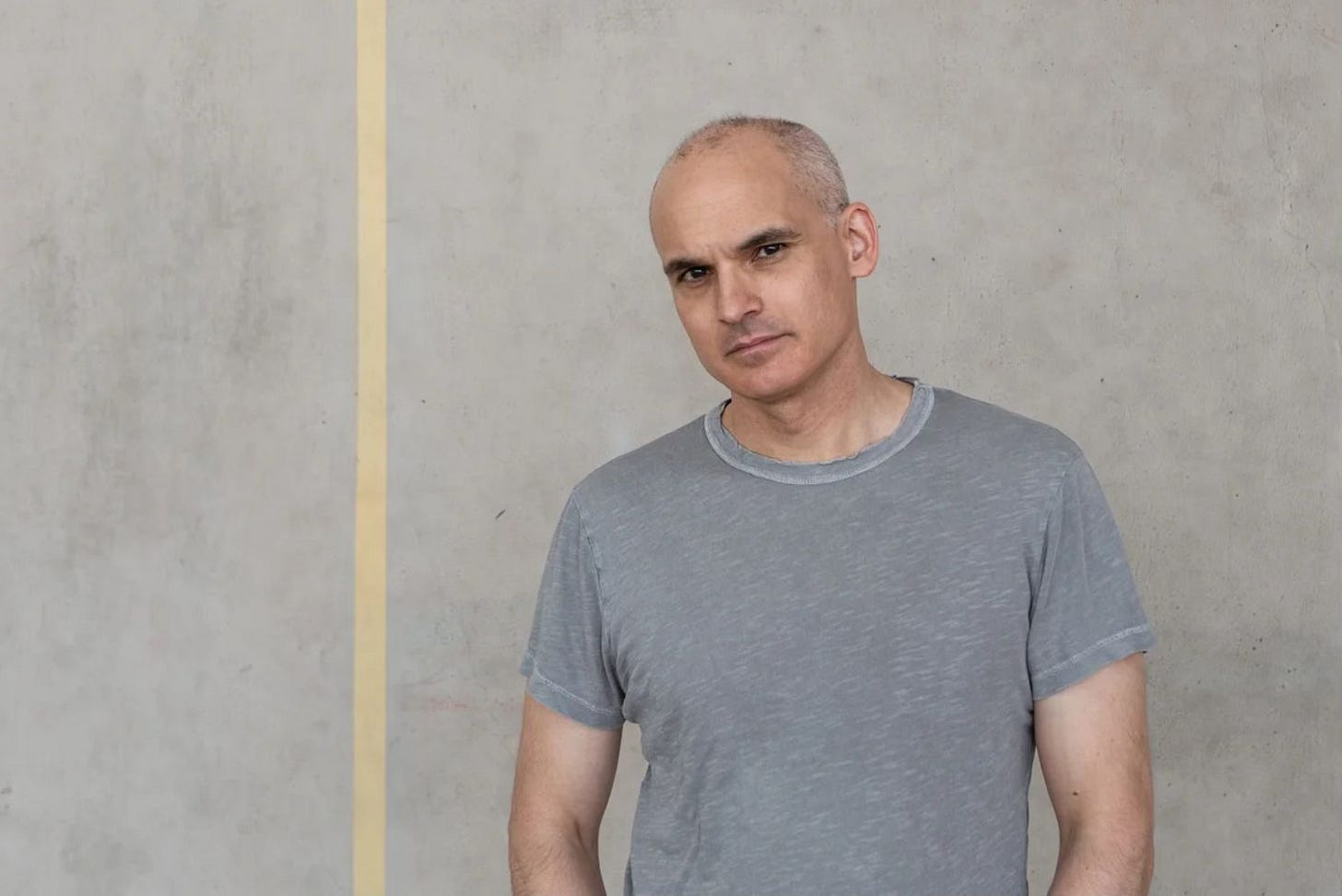Hernan Diaz’s Writing Routine
“Writing is pure pleasure… even if it’s excruciating and difficult, and I feel that I’ve lost it.”
Before Hernan Diaz published his first novel at age 44, he spent years on the margins. He’d written a full-length novel that was never published, submitted short stories that went nowhere, and worked in academia to make a living. “I had been writing for a really long time in the cold, dark shadow of universal rejection,” he told The Believer. Then came In the Distance in 2017—an unconventional Western about a Swedish immigrant wandering through the 19th-century American frontier. Published by a small press, without an agent, it went on to become a finalist for the Pulitzer Prize.
Five years later, his follow-up novel, Trust, won the Pulitzer.
Set in early 20th-century New York, Trust is formally ambitious: it tells the story of a wealthy financier and his wife through four different voices, each in a distinct genre and style. It’s designed to destabilize, forcing readers to re-evaluate what they think they know with each section. At its heart, the novel is about power—financial, narrative, historical—and the people it erases. “Political and financial supremacy is simply not possible without a collection of myths to prop it up,” Diaz said in The Paris Review. “Fiction, storytelling, narratives in general are what support, in quite a strict sense, political and financial power.”
Born in Argentina, raised in Sweden, and now based in Brooklyn, Diaz’s fiction is shaped by a life between languages and cultures. “I think I’m a slightly different person in English in the United States, in Spanish in Argentina, and in Swedish in Sweden,” he told Harvard Business Review. “It’s a chameleonlike thing.” His outsider vantage point allows him to approach American mythologies with both intimacy and distance. His first novel reimagined the Western; his second dissected the mythology of capitalism.
Neither book was easy to write. Diaz spent four years immersed in the world of Trust, reading primary source materials, taking notes, and slowly shaping the story. “It was just the love of sentences, the need to be half submerged in language all the time, and the joy of it,” he said to Harvard Business Review. “Writing is pure pleasure… even if it’s excruciating and difficult, and I feel that I’ve lost it.”
Hernan Diaz’s daily writing routine
Keep reading with a 7-day free trial
Subscribe to Famous Writing Routines to keep reading this post and get 7 days of free access to the full post archives.


